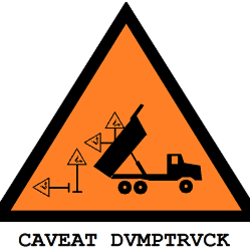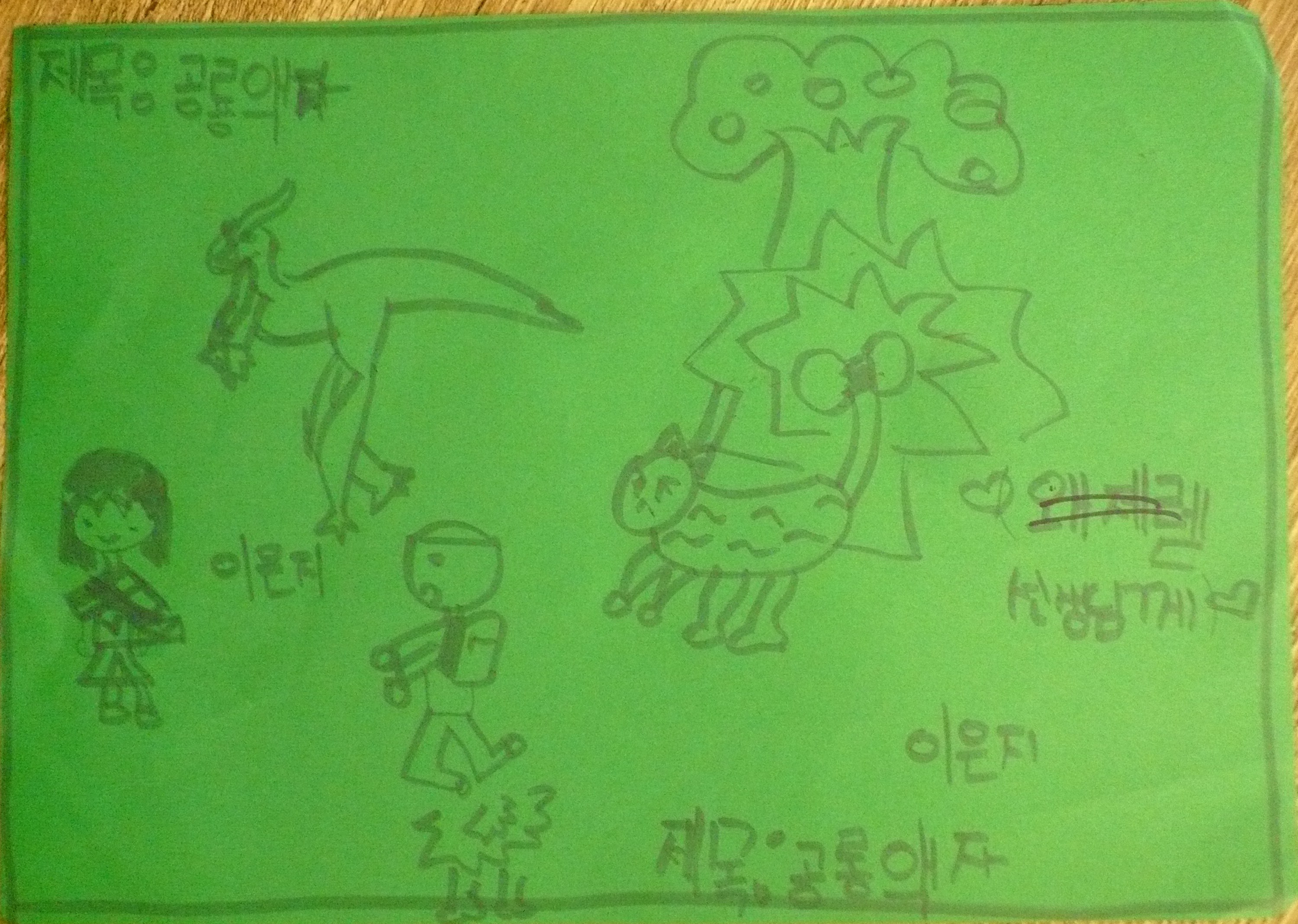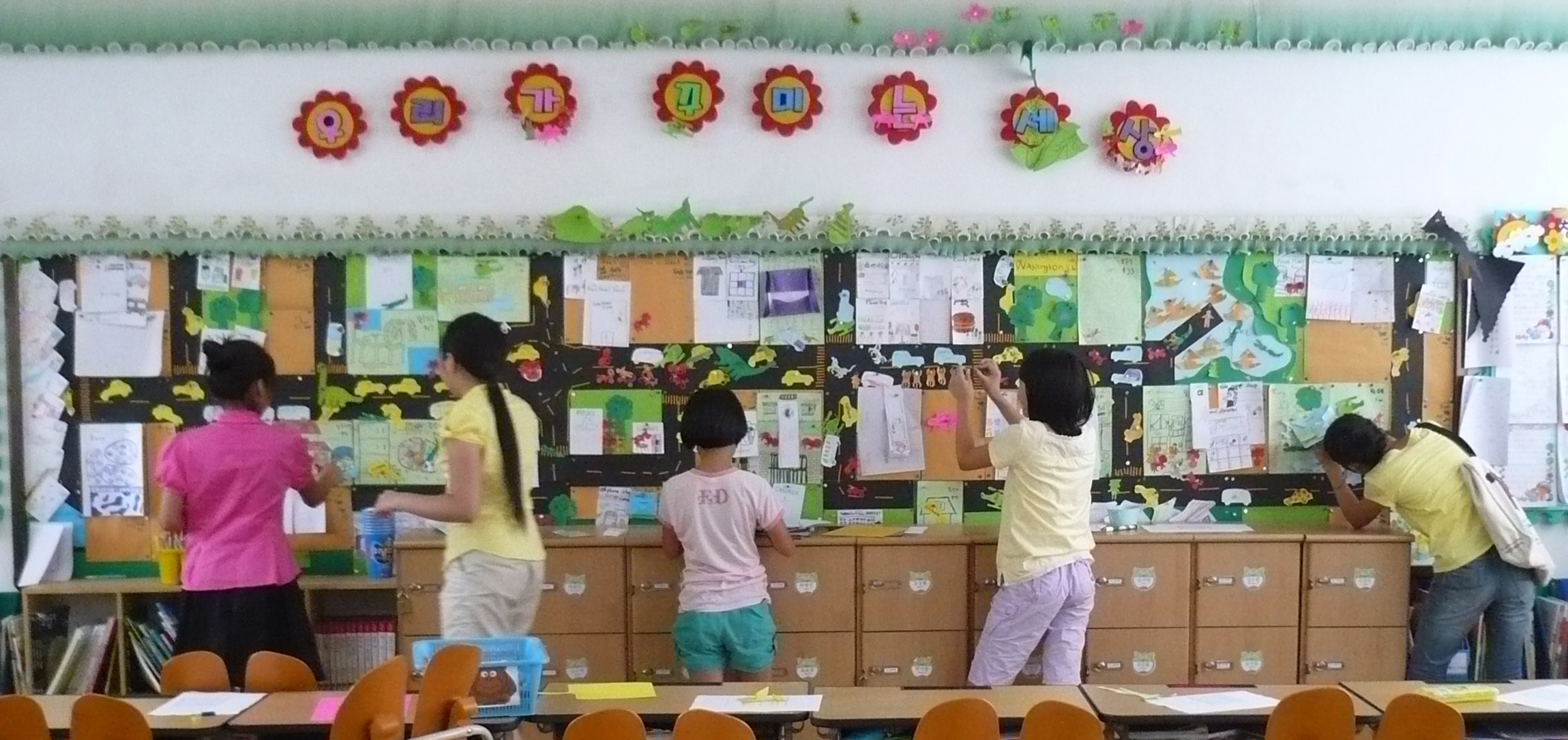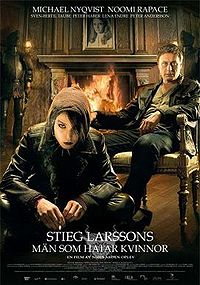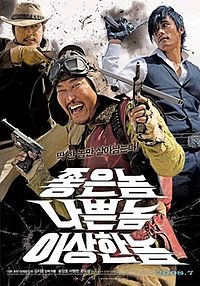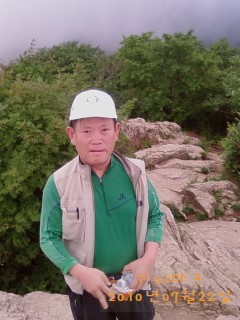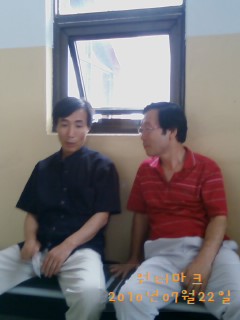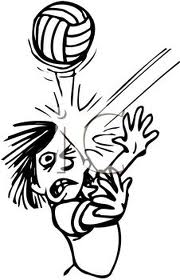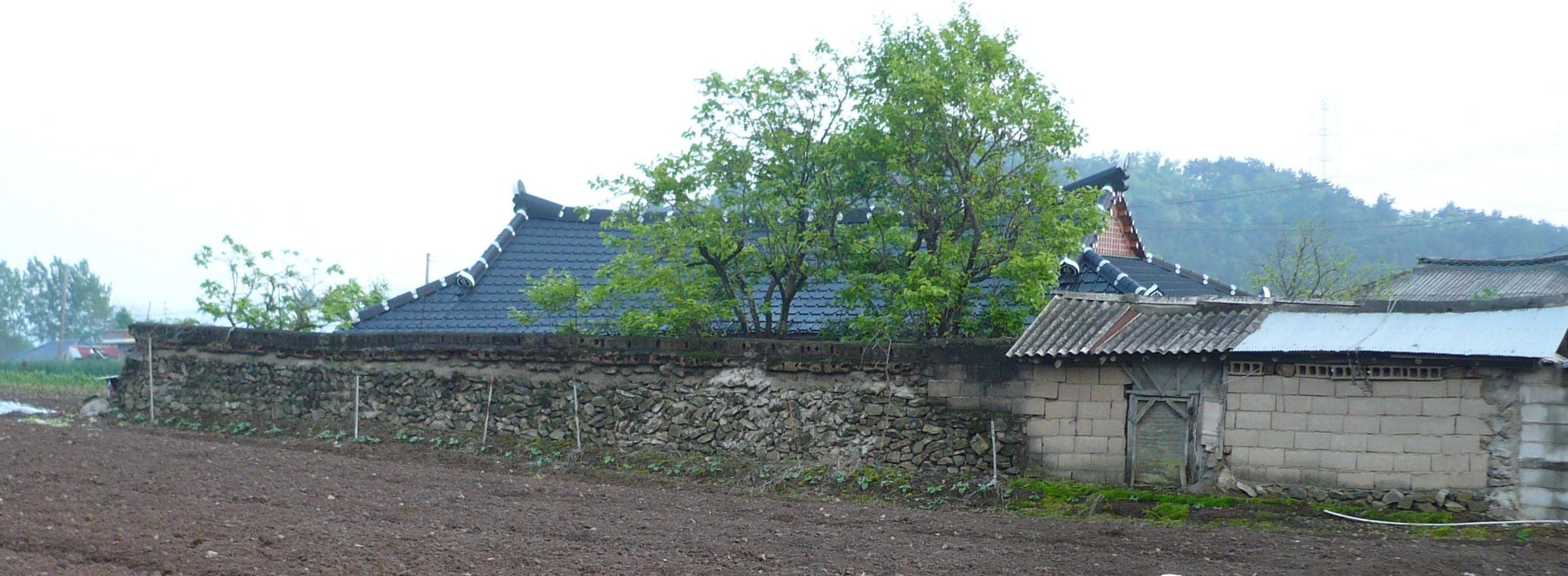Because I’m continuing at my Korean Language hagwon, I took an end-of-level test today. There were listening, speaking, and grammar/reading sections. My overall score was 89.
That’s not bad, I guess. I was surprised that my lowest score was on the grammar/reading part, since that’s really my strength, but I had made some careless mistakes, on the one hand, while on the listening section, which was the hardest, the teacher gave all the dialogs and questions twice, which may have been stretching the intent of the test, a bit, making it easier, so that my score on that part was 94.
What else can I do to get more out of my language study? I need to spend more time reviewing and memorizing vocabulary. I have some excellent tools that I’m not making much use of, for example that Rosetta Stone software, as well as the spreadsheets I’m maintaining with list of words I’ve looked up. I could stand to spend more time with each of those.
I had a weird conversation with a short-term guest at my guesthouse, the other night. He was Australian. I told him I was studying Korean, and his comment kind of sums up some preconceptions and prejudices that exist out there, with respect to my endeavor. He said (roughly), “Wow, I never met someone studying Korean before who didn’t have a girlfriend or boyfriend helping them.” I just laughed. I had no comeback, at the moment, but I thought later, I should have said, “Yeh, I guess so. I’m in love with the language, directly, instead. It’s a frustrating relationship.”
I have so far to go. Will I become tired of it, at some point? Will I become disillusioned, over time, as the difficulty of this “relationship” emerges in all its permutations and complexities? I have been infatuated with the Korean Language since we did a unit on Korean in my undergrad syntax class at the University of Minnesota in 1988. But I didn’t really pursue that infatuation, for a very long time. Then, a little over 3 years ago, as I was shopping around for “what to do next with my life,” once I’d decided to quit the computer thing, I decided: “Find your passion, and chase it down.”
Then, over the following two years, I became side-tracked by the sheer volume of work related to teaching (or trying to teach) English to kids. And that was VERY rewarding. No denying that. It taught me new things about myself, and gave me new tools to cope with life’s challenges. But I didn’t pursue this passion, this linguistic avocation, very aggressively. I dropped the ball. Now, I’m trying to pick it up again.
When I was really trying to learn Spanish, first starting out, in 1986, living and working in Mexico City, I remember many times thinking, “wow, this is exhausting!” Learning Spanish, trying to become essentially fluent, is one of the hardest things I’ve ever done. Harder than basic training in the Army. Harder than grad school (although that was, in fact, part of learning Spanish, too, at a much more advanced level). Maybe even harder than that messy fall of 1998, when things fell apart with Michelle and I had to make the difficult decision that existing in the world was worthwhile.
And now, I’m trying again. I will learn Korean. Because if I succeed, it will be such a magical, amazing accomplishment. Unconventional, and, in the greater, grander scheme of things, pointless… yet, for all that, utterly worth doing.
There, I’ve laid my cards on the table. I always feel uncomfortable declaring goals, for fear that when/if I fail to achieve them, I have to then bear the secondary humiliation of everyone knowing that I’ve failed. But… by declaring my goals, I am also giving myself extra motivation, extra impetus.
So, friends… hold me to it. If I stumble, or pause, or fall down, or wander off in frustration or distraction, please gently remind me: “Jared, what about your goal? How are you doing with the Korean?”
